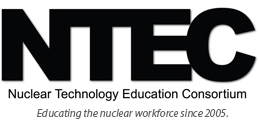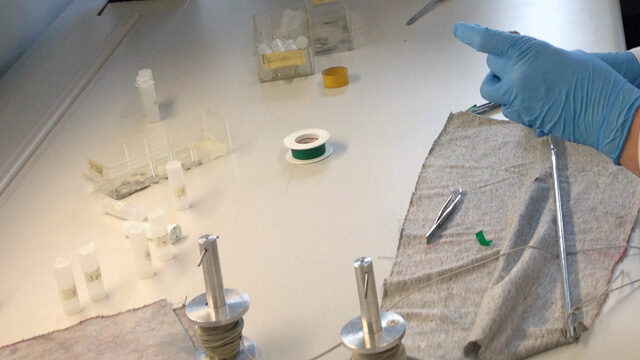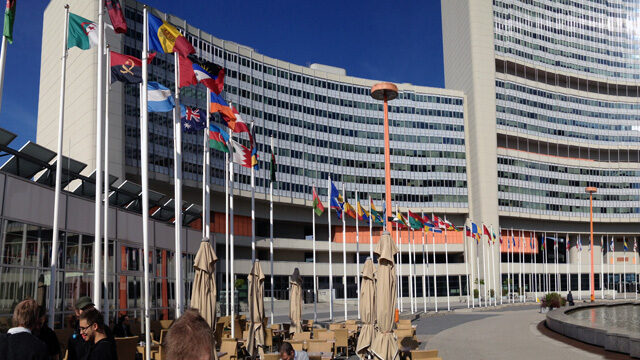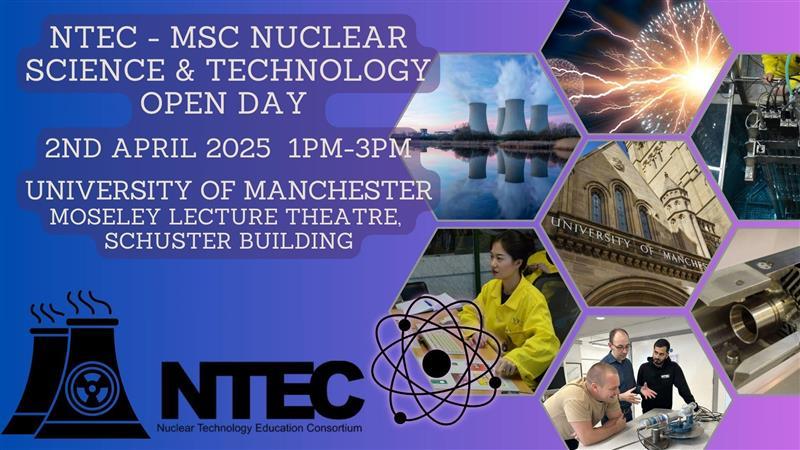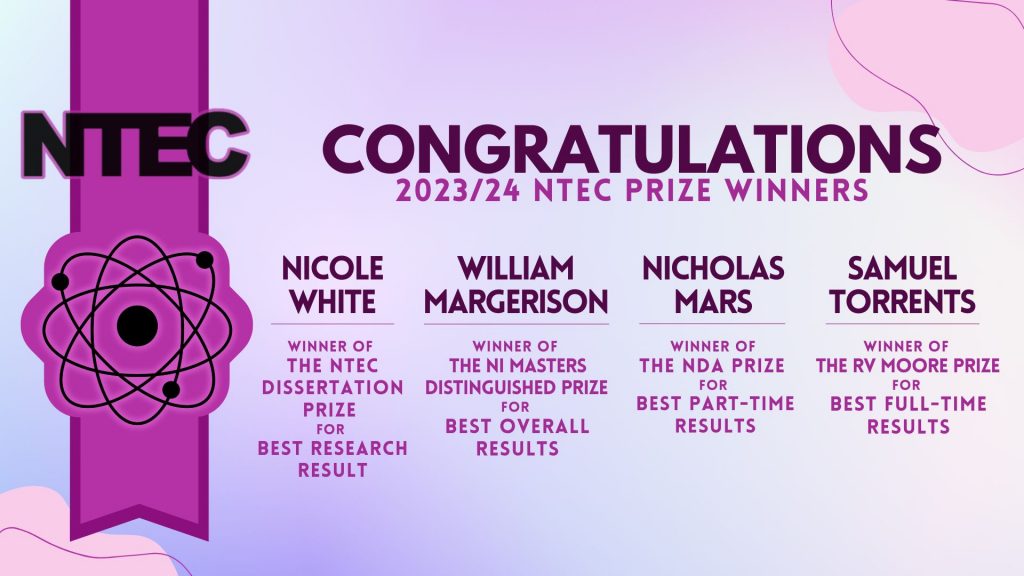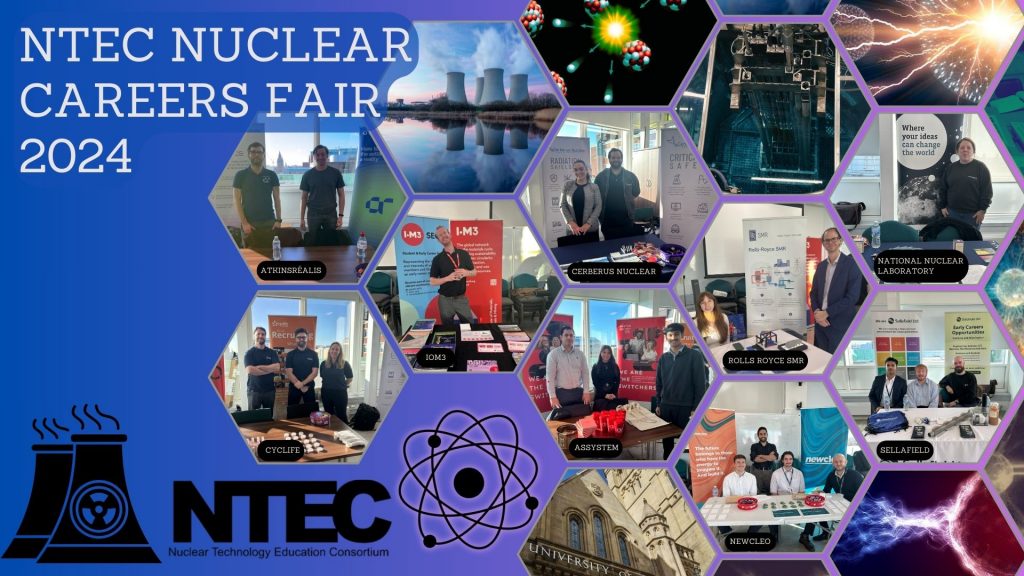
The Nuclear Technology Education Consortium (NTEC)
The Nuclear Technology Education Consortium (NTEC) was established in 2005 following extensive consultations with the UK nuclear sector, including industry, regulators, the Ministry of Defence, the Nuclear Decommissioning Authority, government departments and the Cogent Sector Skills Council. The seven UK universities and higher education institutions in the Consortium provide flexible postgraduate training for the nuclear sector with the breadth and format of the training designed to meet the UK’s projected nuclear skills requirements in decommissioning and clean-up, reactor technology and fusion.
NTEC comprises the Universities of Birmingham, Leeds, Liverpool, Manchester and Sheffield and the Nuclear Department, Navy Command. Together they offer a postgraduate-level master’s degree in Nuclear Science and Technology which is delivered in both directly taught and distance learning formats. Students register with the University of Manchester and visit other members of the consortium to attend their selected course units.
Course accreditation is provided by the Institution of Engineering and Technology (IET), the Institution of Mechanical Engineers (IMechE), the Energy Institute (EI), and the Institute of Materials, Minerals and Mining (IOM3). The NTEC programme is also the first nuclear master’s to be endorsed by the Nuclear Institute (NI).
The course is designed to create a generation of nuclear engineers and scientists who will have the skills to secure a sustainable and safe future for nuclear energy and the nuclear industry. It is also ideal for industry professionals who wish to extend their knowledge and skills with individual NTEC course units being available as standalone Continuing Professional Development (CPD) courses.
Key features
Units developed with the nuclear sector.
Breadth of learning: a broad portfolio of subjects
Delivered by leading academics and industrial experts
Flexibility: the course unit format allows students to complete the MSc over three years (part-time) or as a one-year, full-time student.
Networking: Meet and study with students from across the nuclear industry
Short-course format: Five-days ideal for employees within the industry.
Alternative qualifications: Postgraduate Diploma or Postgraduate Certificate
CPD opportunities: standalone courses for Continuing Professional Development.
Distance learning: eight of the 15 course units are available via distance learning, development of remaining seven underway
Specialist facilities: Visit different universities including Vienna or Prague to use their research reactors.
Popular links
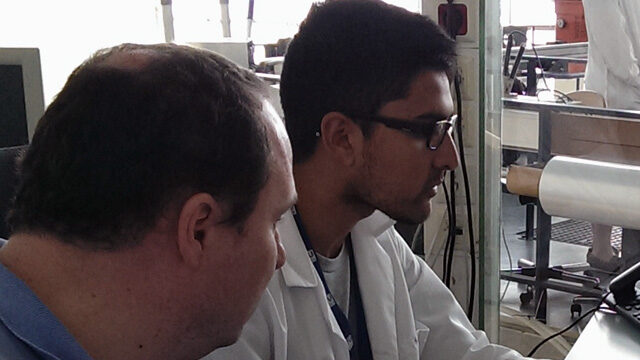
Taught Programme
Individual subjects are presented in
‘short course’ taught format, providing
excellent access to the programme for
engineers and managers in full-time
employment.
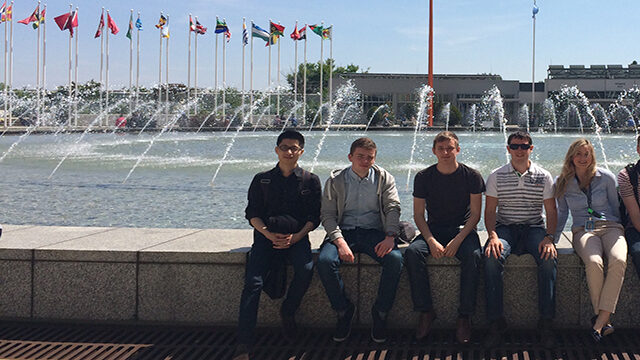
Distance Learning
Currently six of the course units are currently available in distance learning format. Each course unit contains the same syllabus as its counterpart delivered by taught teaching programme.
Latest Articles
- NTEC OPEN DAY 2025Are you considering a career in the Nuclear Industry or looking for a unique opportunity after graduation? Join us for the NTEC (Nuclear Technology & Education Consortium) Open Day and discover the possibilities that our MSc Nuclear Science & Technology… Read more: NTEC OPEN DAY 2025
- 2023/24 NTEC Prize Winners
- NTEC Nuclear Careers Fair 2024
- Photos of our Prize Winners at the 2024 Nuclear Institute Annual Dinner!
